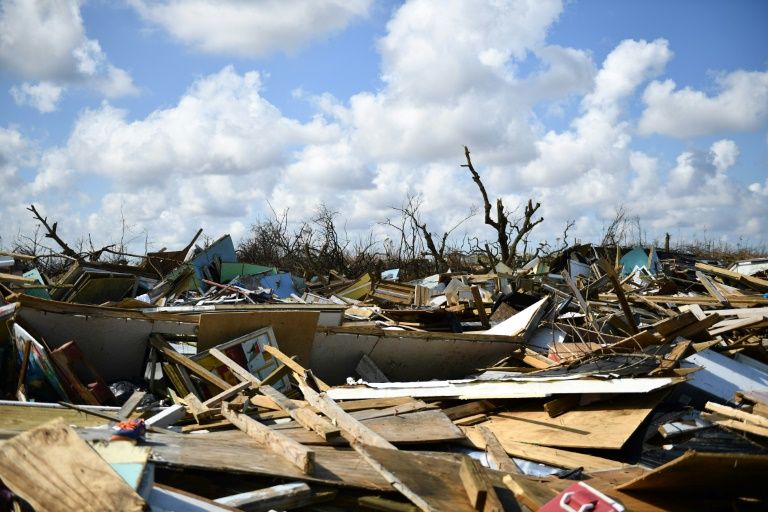×
The Standard e-Paper
Home To Bold Columnists

Nations rich and poor must invest now to protect against the effects of climate change or pay an even heavier price later, a global commission warned Tuesday.
Spending $1.8 trillion across five key areas over the next decade would not only help buffer the worst impacts of global warming but could generate more than $7 trillion in net benefits, the report from the Global Commission on Adaptation argued.